If your business is running you ragged, then it means you’re using old strategies in the new economy.
Is it time for an update? Perhaps this holiday season is a time to contemplate and reconsider your priorities.
In the 20th Century’s Industrial Age, much of the prevailing “wisdom” of the day was along this line of thinking: “Keep your personal life separated from your business life.” This compartmentalized approach to life provided clear lines between work and family. By and large, it worked to preserve a certain measure of sanity for much of the industrialized population that was engaged in routine, mindless work.
The downside of separation, however, is the dehumanizing of workers and poor business ethics.
When people are human resources then they are assets—commodities bought and sold by management. When we act one way on Sunday and another way on Monday, our decisions are easier and expedient but not necessarily morally sound or even best business practices.
The 21st Century, however, is in full swing into the Knowledge Age and the knowledge worker.
Separation of one’s work and life isn’t so easy because we carry our work in our heads.
It was easy to walk away from a milling machine, but keyboards surround us at work, at home, and on our smartphones and tablets. The lines between home and work are blurred beyond recognition.
The situation is so severe that many service companies offer “Work–Life Balance” programs to address the growing problem of employee workaholism, health, and burnout. Time management is nearly a joke anymore in this 24/7 society where our noses are glued to our apps.
Now as we stand on the edge of the Age of Purpose and Meaning where separation is a liability, just what are we supposed to do?
Do we separate? Do we balance?
The On-Purpose® Approach provides answers for the New Age. Balance in your life is a false ideal. (See: Do You Want A Balanced Life?) The 21st Century way of doing life and work is integration with healthy boundaries.
An integrated life has a point of integration—your purpose.
The more we are pushed upon, the more we need to know who we are and what is our purpose in life so we can resist, rest, and rebound. A solid core to our life enables us to establish appropriate boundaries so “Our yes can be yes, and our no can be no.” The risks of not knowing who we are is unhealthy to our body, mind, and spirit.
Gain Health! Gain Your Life!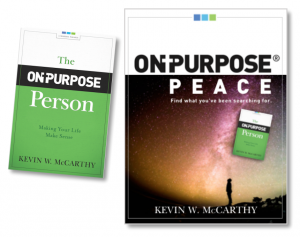
When your business is running you, then you’re not running your life. Use the On-Purpose® Approach to run ahead and find the margin you need. The On-Purpose Peace and The On-Purpose Person set is an amazing coaching or small group experience to help you get ahead of your life so you’re in charge and on-purpose.
Be On-Purpose!
Kevin
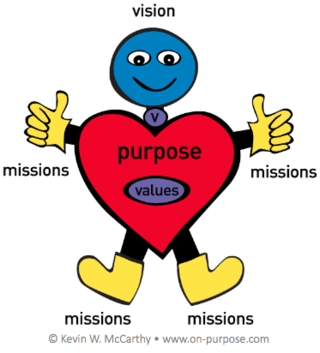

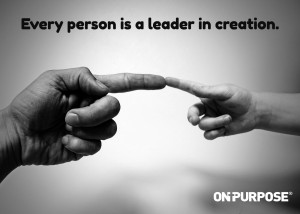
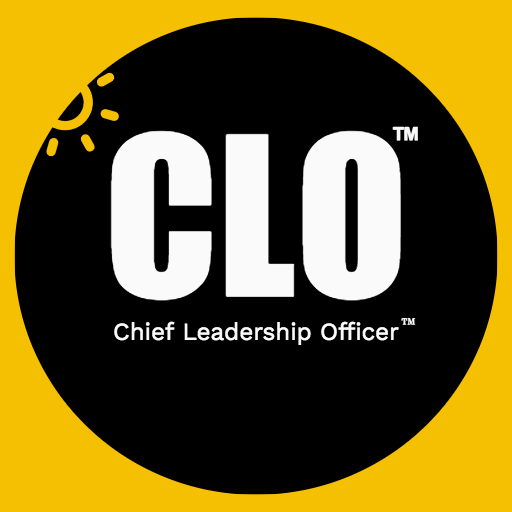

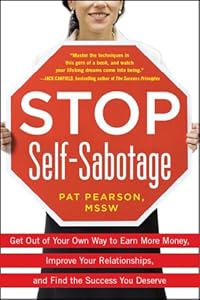
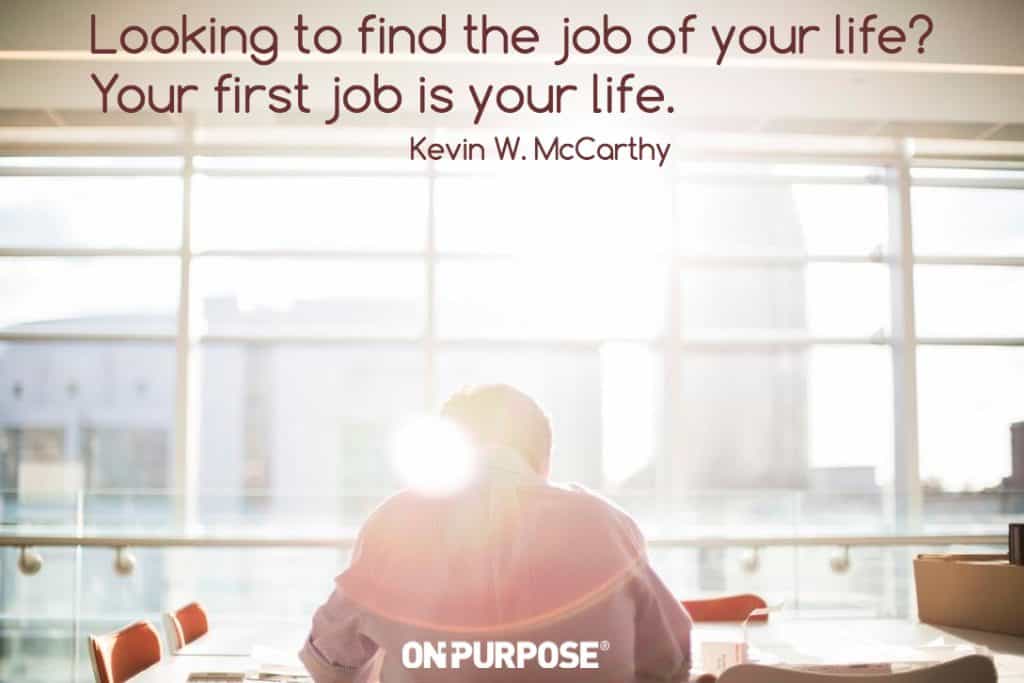 Part 1 is found here.
Part 1 is found here.